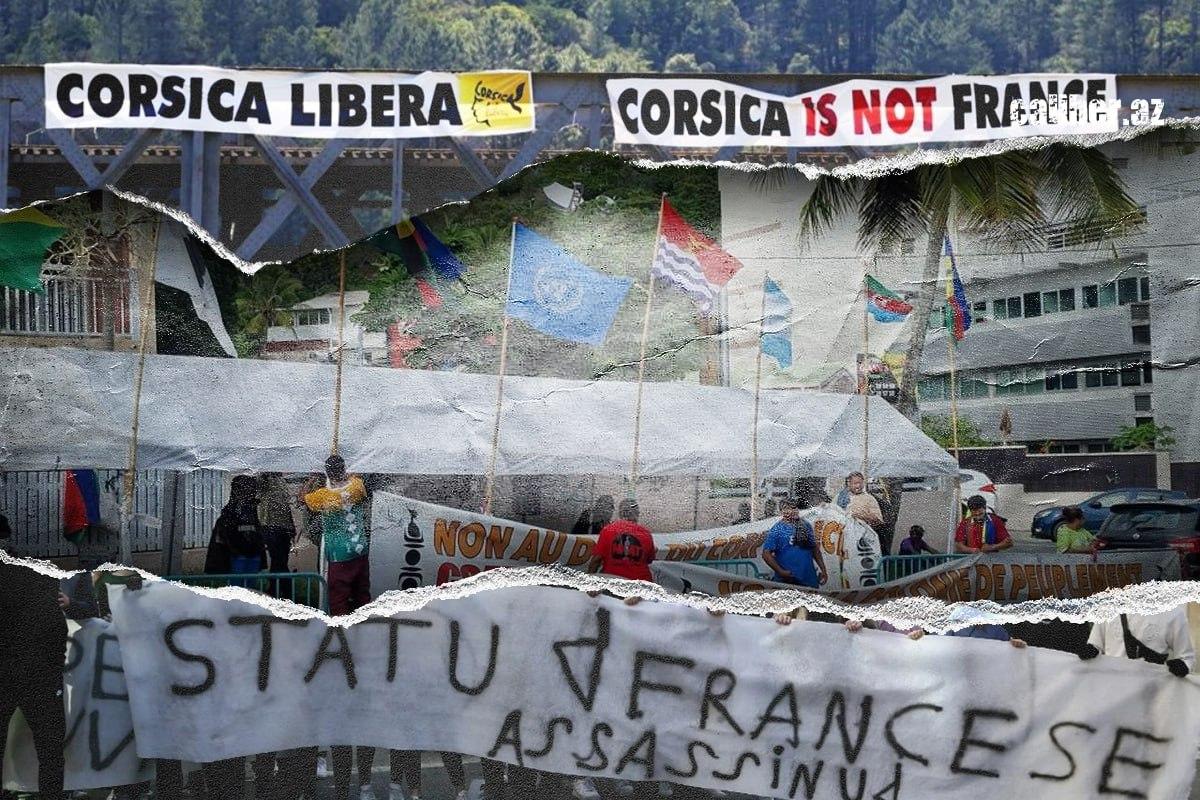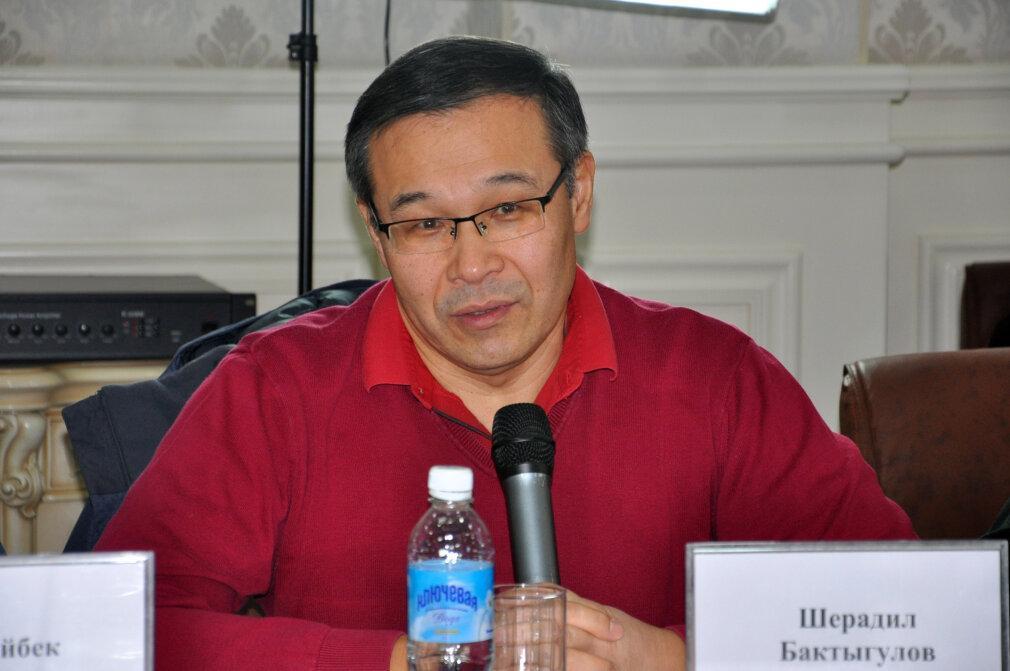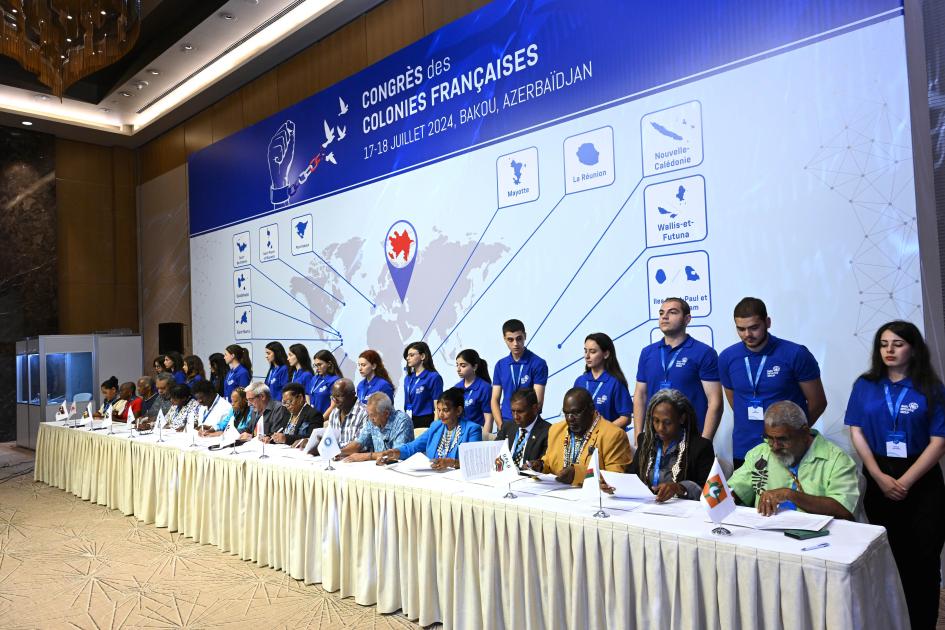Azerbaijan's stand against neo-colonialism garners global attention Political analysts laud Baku's diplomatic initiative
The first Congress convened in Azerbaijan’s capital Baku on July 17, gathering leaders from over 15 political parties and movements advocating for the independence of Corsica, Melanesia, Polynesia, and several Caribbean and Antilles islands that endured French colonialism.
Organised by the People's Union for the Liberation of Guadeloupe with backing from the Baku Initiative Group, the Congress culminated in the signing of the Baku Declaration, marking the establishment of the International Freedom Front.
Representatives from 14 nations affected by France's colonial policies endorsed the declaration, underscoring a united stance against colonialism.
Of course, this phenomenon is striking and significant, confirming that French colonialism is facing an inevitable collapse. The Azerbaijani and foreign political analysts expressed their views on this event for Caliber.Az.

Azerbaijani political analyst Ahmad Alili has said that Baku has previously been distinguished by similar initiatives.
“Baku acted as chairman of the Non-Aligned Movement for several years, where it raised many problems and issues that stand aside from the political mainstream. We also remember that during the COVID-19 pandemic, Azerbaijan raised the issue of unfair distribution of vaccines to various countries at the UN summit level,” he noted.
“That is, even then, as now Azerbaijan acted as a defender and promoter of the interests of small and vulnerable nations at the summit dedicated to protecting the rights of countries affected by neo-colonialism,” Alili said.
The political analyst noted that of course, with such initiatives Azerbaijan has attracted the attention of the whole world.
“By acting as a coordination platform for such an important event, Baku shows that it is ready to be close to the oppressed countries, to be a platform and a mechanism for their integration, and a fair fight against French neo-colonialism,” he said.
“After all, Paris in the 21st century really demonstrates something apocalyptic - the complete infringement of some countries on freedom and independence. I think that many countries from other continents will soon join Azerbaijan’s initiative, because the French neo-colonialism and its destructive impact is becoming more acute,” Alili added.

Kyrgyz political analyst, international relations expert, candidate of political sciences Sharip Ishmukhamedov has said that Baku’s initiative to gather countries that suffered from French neocolonialism shows the strength and growing influence of Azerbaijan’s diplomacy.
“Firstly, Azerbaijan is no longer a country that could be accused of anything and unable to take any retaliatory political and diplomatic measures. Secondly, the fight against neo-colonialism is such an important and pressing topic that it should be discussed not only in Baku, but everywhere, at the international level because there is a well-known UN resolution dated 2020, which declared that from 2021 to 2030 all countries should discuss the topic of neo-colonialism, the consequences of colonial policy at all international platforms,” he said.
Ishmukhamedov noted that in this regard, the congress of countries suffering from French neocolonialism is a unique and important moment in the implementation of the UN policy. This is a current global political trend, where Baku makes it clear that former empires continue pursuing such an immoral policy of oppression of peoples and states.

“The third important point is the negative impact of neo-colonialism on oppressed countries as everyone knows that France is determined to maintain control over its colonies. Not only French colonies blame France for this. For example, a few years ago, Italy named France as the main culprit of the war in Libya and the moderator of political instability throughout North Africa,” he said.
“Paris continues enslaving small nations as Europe needs France, its economic potential. So Baku is an important element that can, by attracting world attention to this problem, influence the adjustment of France’s political course, moderate its ambitions,” he noted.

Kyrgyz analyst, director of the Institute of World Politics Sheradil Baktygulov has said that the speeches of the congress participants show the deepest crisis in French President Emmanuel Macron’s policy.
Baktygulov said that another eloquent indicator is the results of snap parliamentary elections, in which Macron’s ruling coalition was defeated. Thus, Macron’s foreign and domestic policy failed in France itself and in its overseas territories.
The political analyst noted that the speeches of the congress participants show that the national liberation and anti-colonial movements on their territories were the result of both objective processes (economic development, political processes in the colonies) and specific reasons (military, military-political and diplomatic actions of the current French authorities).
“Residents of overseas territories understand that being part of France is contrary to their interests. In essence, we are witnessing a process of decolonization that spanned the entire 20th century and the beginning of the 21st century. Relations between mainland France and its overseas territories testify to the new forms of dependent relations, which can also be called recolonization of the peoples of these lands,” he said.

The political analyst said that the holding of this congress in Baku can be considered as assistance in the implementation of Article 1 of the UN Charter.
“All peoples have the right to self-determination. By virtue of this right they freely establish their political status and freely pursue their economic, social and cultural development. The thirteen overseas territories and their indigenous peoples were brutally colonized by France. These are island territories in the Atlantic, Pacific and Indian oceans, French Guiana on the South American continent and several near-Antarctic islands,” Baktygulov noted.
“As for the damage, we must understand that the shelf, the maritime zone around these islands and minerals belong to France, rather than the inhabitants of these territories. Therefore, accusations against France of causing colossal damage to these territories are fully justified, while President Macron’s policy have caused the sense of justice and the desire for independence among both residents of continental France and overseas territories,” he added.








